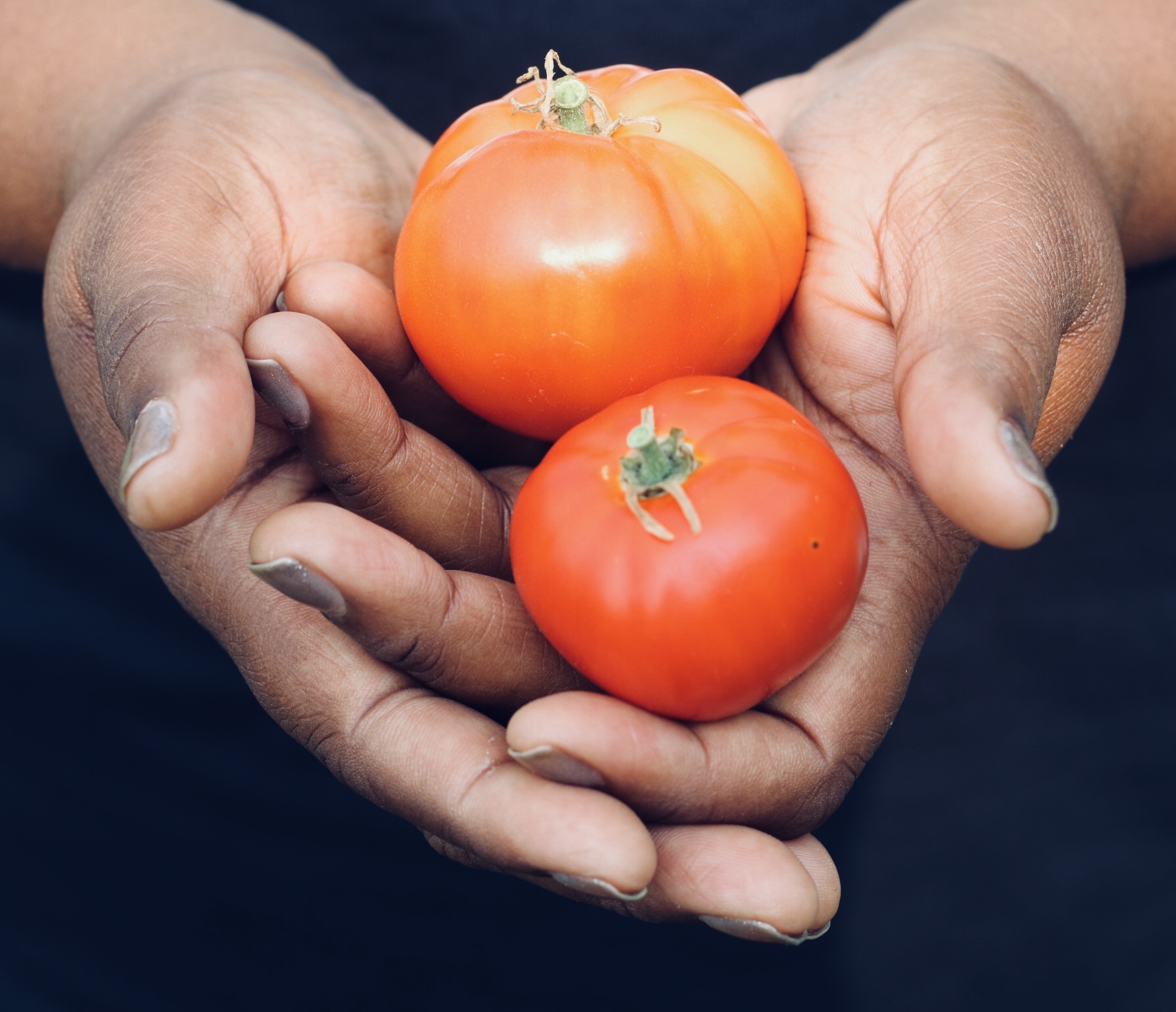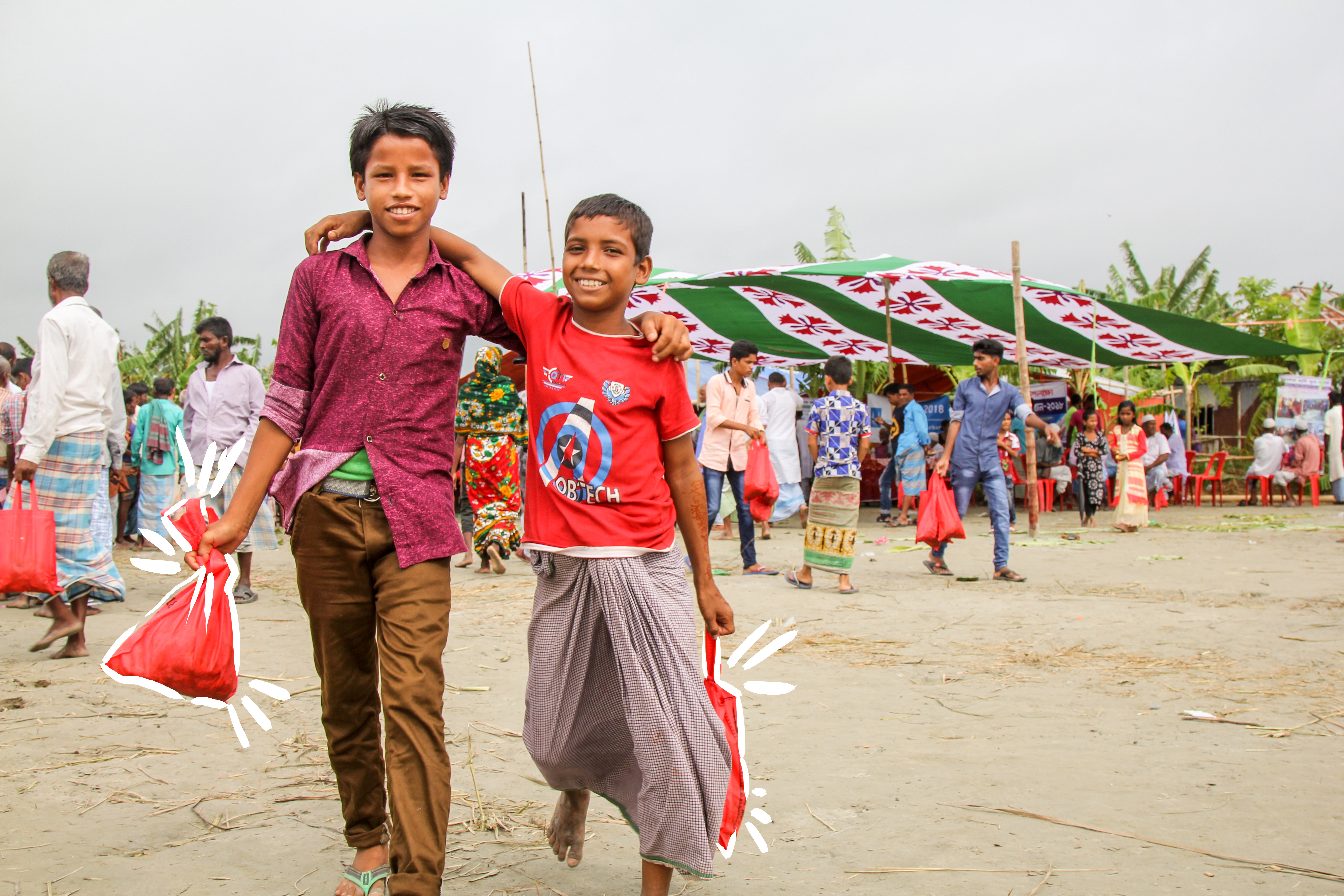A Global Thirst Trap: Breaking The Cycle of Poverty
One of the most used terms amongst me and my friends is the phrase “thirst trap”. It’s just a colloquial way of expressing a negative attribute that speaks to desperation, and it has nothing to do with water. Last week on World Water Day, I could not help but to think thirst trapping is a real subject matter in our world. Yet, thirst trapping is not a matter of desperation but it is a matter of cyclical poverty, a trap that continues to cycle without the ability to quench a thirst.
From the moment, we are born, we are trapped by the element of water. As newborns, we are 75 percent water. As adults, we have 70 percent water in our bodies. To add, we use water throughout our entire daily lives, from taking a shower, cleaning vegetables, growing produce and even using the bathroom. Water is integral and its importance is stressed when we paint a picture of 663 million lives living without it.
Even the slightest deficiency of 1 quart of water can affect our cognitive function and ability to concentrate. If we cannot focus, we cannot be productive in our everyday work habits nor our long-term future goals. It is this cycle that create the now coined term, “thirst trap”.
At Islamic Relief, accommodating the development of crisis stricken populations is as easy as providing water access. One of our most recent projects involved serving a community in rural Ethiopia, whereas out of the total of 20 villages, only eight villages have access to protected water sources. Through the construction of shallow wells and the maintenance of water points, water was provided to 2,100 people. Simple ACCESS. DASSIT (That’s it). Like, you don’t even have to make the water.
I bet many of you are probably are thinking about the cost to provide water access and if it is so simple why is it so expensive to help 2,100 people? Well for the sake of a cliché, “we must look at the bigger picture.” It is more than access. We are changing lives through giving back livelihood and education. Bilal, IRUSA Global Programs Coordinator, learned through a brief conversation with an Ethiopian girl that simple water access gives back her ability to create a livelihood. Instead of traveling two days to obtain water that lasted for one day, she could now spend her time focusing on other business because there is access closer to home. Other business could mean education, and if we can provide water, it means children can not only gain an education instead of working, but they can also concentrate because they have clean water. Gains.
Pulling our international citizens out of the “thirst trap” can mean breaking the cycle of poverty to an extent. If providing water can allow the focus to be shifted to earning an education, then education can be used to apply skills in bettering one’s community and further independence.
In reflection of World Water Day and the current drought situation gripping East Africa, let’s reflect on how simplicity is effective in underdeveloped communities. Let us all liberate our world communities, not trap them!




